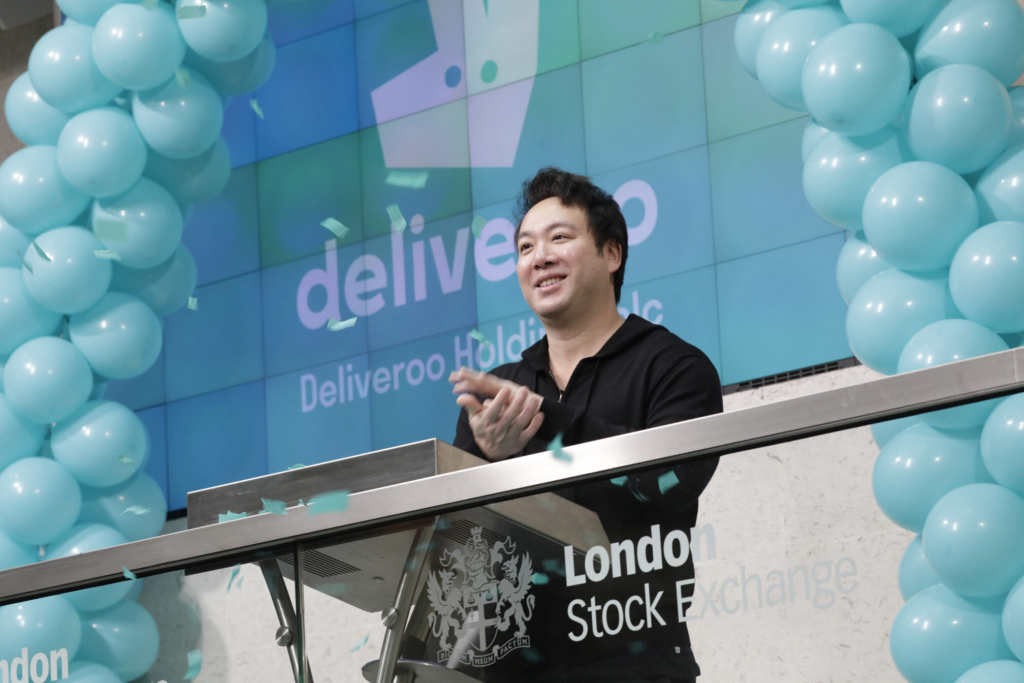After quite a few weeks of excitement and mixed headlines Deliveroo launched their IPO this morning and put simply it flopped. Shares opened down at 331p and then continued to trade poorly reaching as low as 276p. Shares seem to have stabilised at around 300, down 30% vs the 390p investors initially paid for them. A 30% drop in value effectively reduces the company value by £2 billion to just over £5 billion. A pretty ugly start to life as a public company for Deliveroo.
What’s behind this?
There are a few different points of concern that have emerged over the last week, which is when Deliveroo would have been on the road advertising themselves. An effective beauty parade convincing investors to invest in them. The points of concern raised last week include:
- Will Shu’s voting power – the deal is structured in such a way that Will has 20x as many votes per share than regular investors. This is something that many people did not like.
- Concerns about driver treatment – analysis published last week has suggested that riders earn as little as £2 an hour on the platform, well below the minimum wage.
- The impact of the London Uber Court Case – More detail on this below.
- Valuation differences – Just two days before launching Deliveroo was forced to cut its valuation range from £7.6bn and £8.8bn to £7.6bn and £7.85bn. This was quite a big sign that many investors did not agree with their valuation of the firm.
- Several large money managers not part-taking in the IPO – Firms such Aviva, Aberdeen Standard Life, L&G and M&G have all publicly come out saying that they wouldn’t take part in Deliveroo’s IPO.
- Weakness in recent IPOs – In both Europe and the US recent new issues have all traded below their initial offering price.
- Concerns about the delivery market – How many deliveries are we going to have once lockdown is over and restaurants are open again? The number of delivered have rocketed with Q1 2021 orders being 600% than Q1 2020 but a lot of this is down to lockdown and lack of alternatives. There is no clarity on where we will be once we open up again and this is a cause of caution for many people.
Mid-February a UK Supreme Court ruled that Uber drivers must be treated as workers rather than self-employed. The decision means Uber drivers are entitled to minimum wage and holiday pay. This is a decision with huge implications for all companies that operate under the gig-economy banner, including Deliveroo.
The gig-economy is being challenged globally but the London ruling was the first ruling that can be regarded as a game changer for these companies.
Uber a few weeks after the Court ruling made the decision to begin offering its UK drivers a minimum hourly wage, holiday pay and pensions! Details are still being finalised but this is regarded as a big shift in stance for these companies. It is widely expected that such shifts are going to put a large amount of pressure on gig-economy companies.

With all this happening in the back-drop it is pretty impressive that Deliveroo went ahead with its IPO plan. In the same way you can’t judge a book by its cover, you can’t judge a company by its day one share performance. Will be an interesting one to watch going forward.





